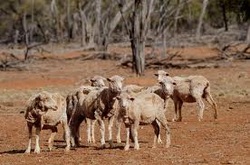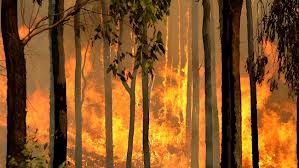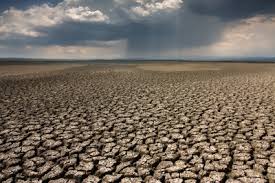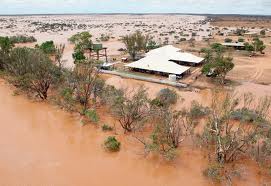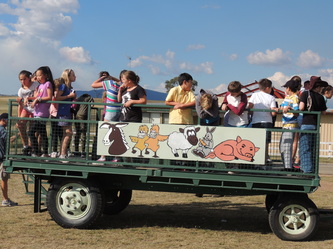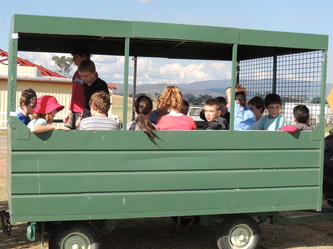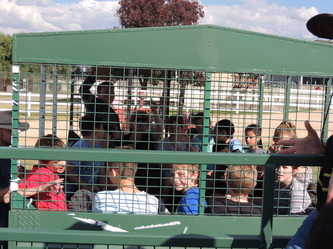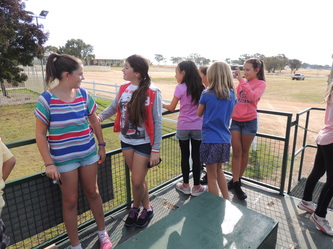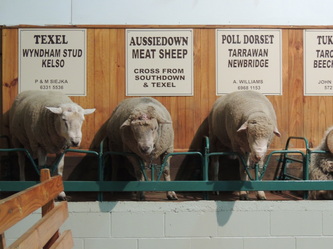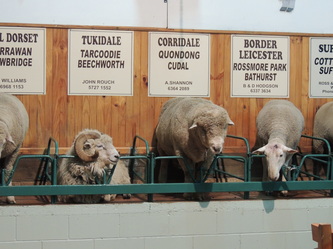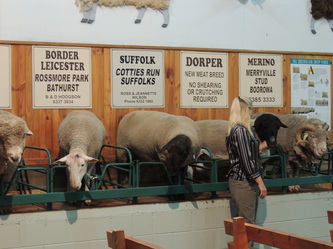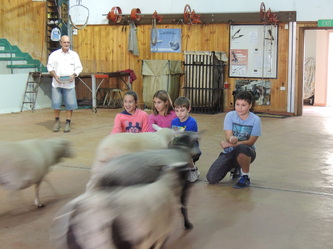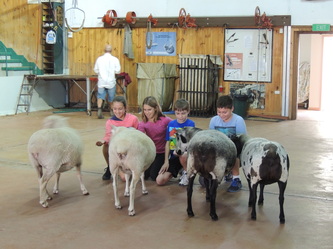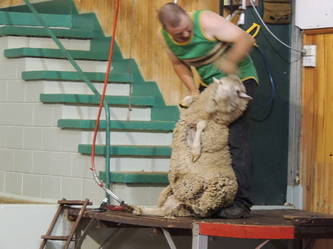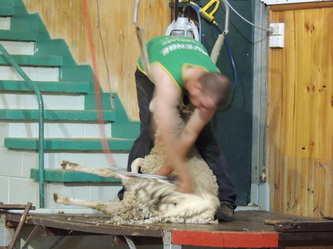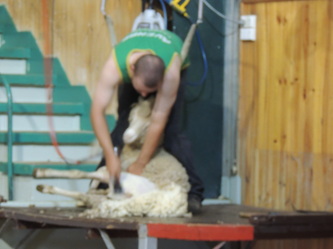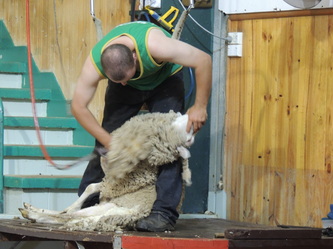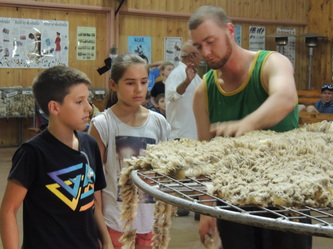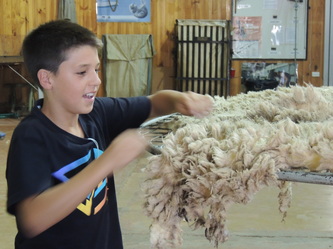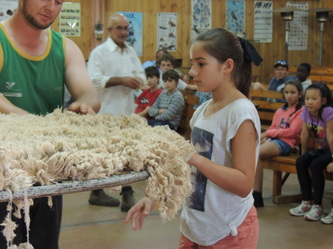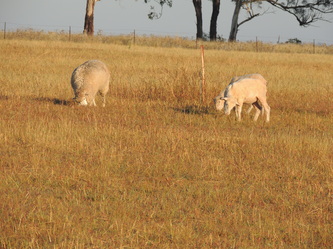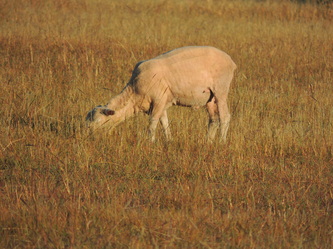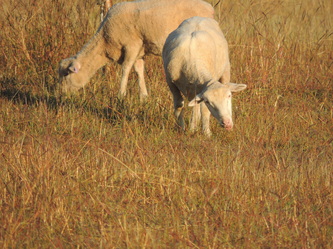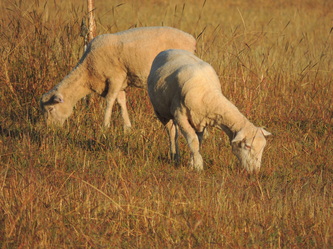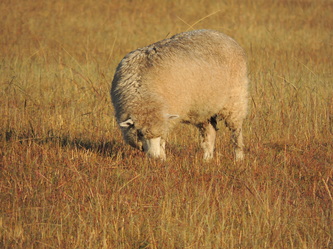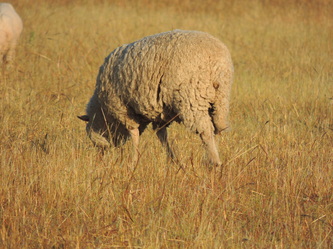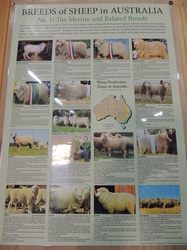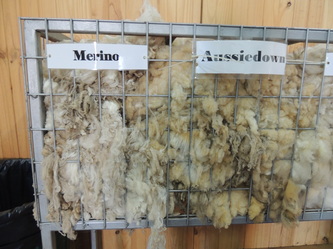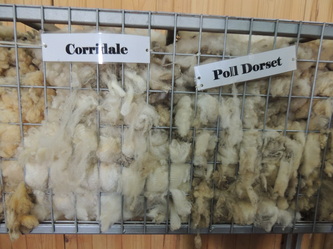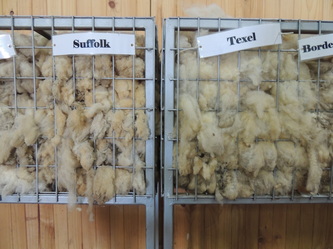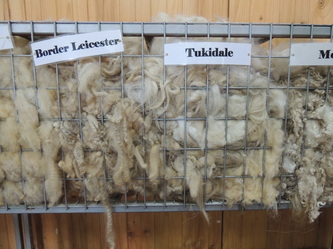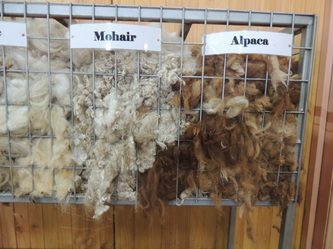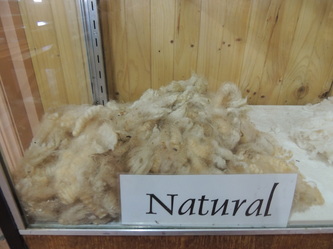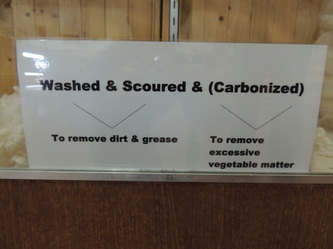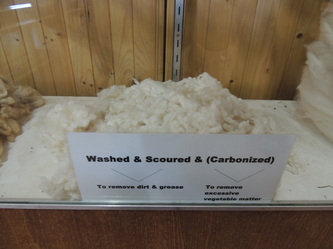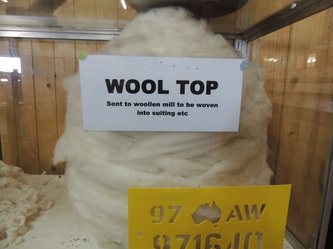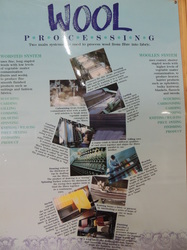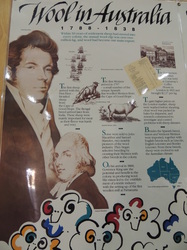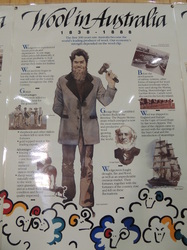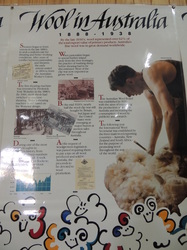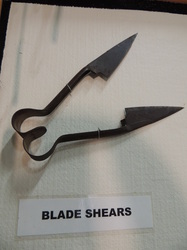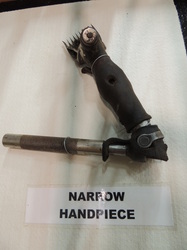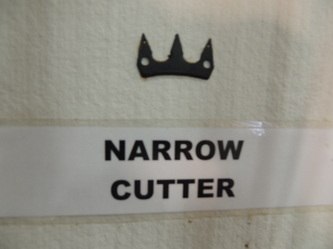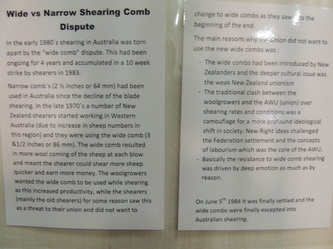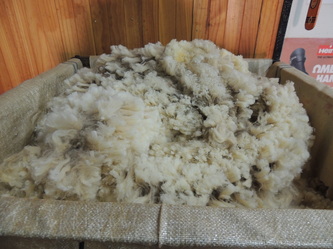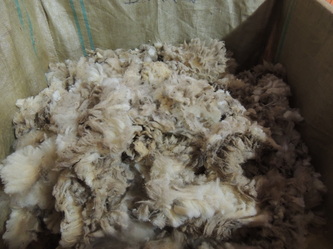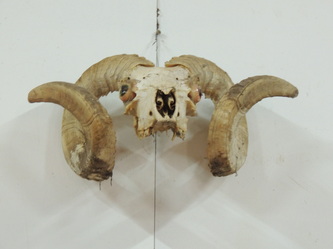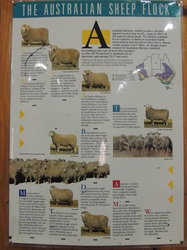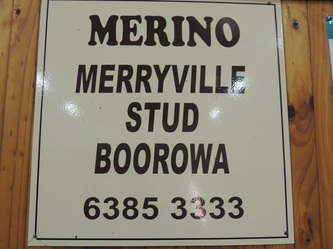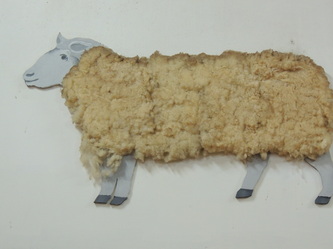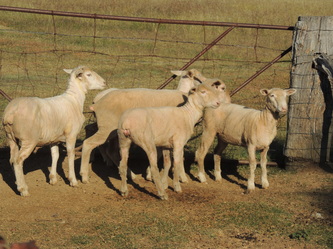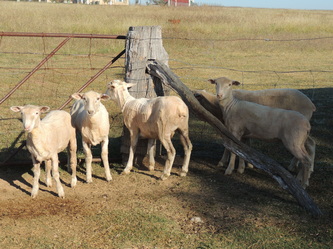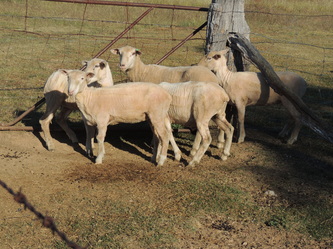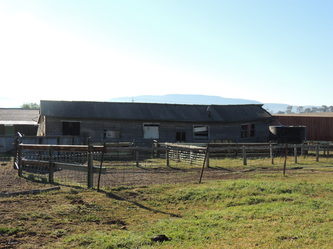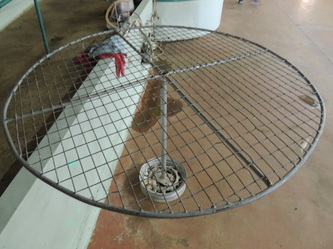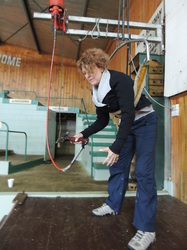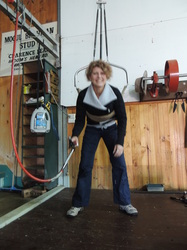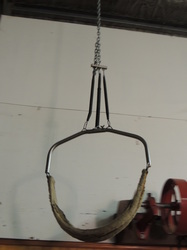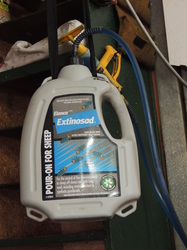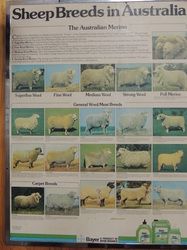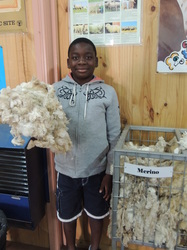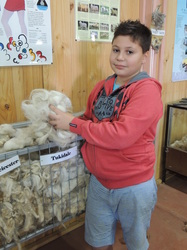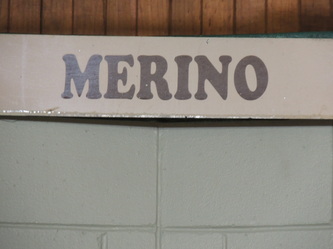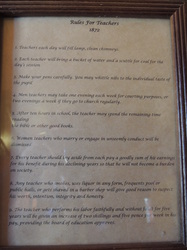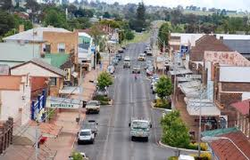
Regional centres and towns are important social and economic communities throughout Australia.
Whereas the capital cities are concentrated mainly along the Australian coast, rural towns have spread across the countries interior to service the outlying farms and farming communities.
Why are regional towns and centres so important to the farming community?
Regional towns and centres provide farmers with the opportunity to live in a community which provides basic services such as grocery stores, doctors, banks, petrol stations, clothing retailers and small businesses.
Farmers in most regional areas need to have access to basic things we find in all urban communities such as schools for their children, public pools and libraries.
Without regional towns, farmers would not be able to survive in these isolated areas in which they farm.
Regional towns also provide farmers with the opportunity to socialise with other members of their community and help each other deal with hardships. This is important in regional towns as they have an understanding about farming and all the factors influencing them, whether they are positive or negative.
All of what has been mentioned is often taken for granted and not given a second thought by families who live in the city. We have everything at our finger tips food,
textiles and other goods and services.
How will they be affected if changes to farming practices occur?
If changes occur to farming practices then
*The people in the towns will have to make changes to their lifestyle and employment.
*The people will have lower food production which will affect both their own food availability and their income from farming.
*It may cost people more money to transport food into town which they previously had produced themselves.
*Local shops will not be able to keep running, many would need to close down as people move closer to cities to earn a living.
*It can cost a lot of money to live in a small town as things like petrol are very expensive (up to $3/L in some rural towns)This will place more financial strain on struggling farmers and towns people.
*They will need to change their lifestyles and farming practices to use less water, to prepare products to meet export standards.
*If the shops and the services in the towns close down, the farming community will
not be able to survive. Likewise if the farmers are not able to farm the land and make a living, then the farms may close in which case there is no need for the regional townships anymore.
Therefore it is essential that farming communities and regional town centres work together to make sure they are supporting each and every aspect of the community as they are dependant on each other for survival.
